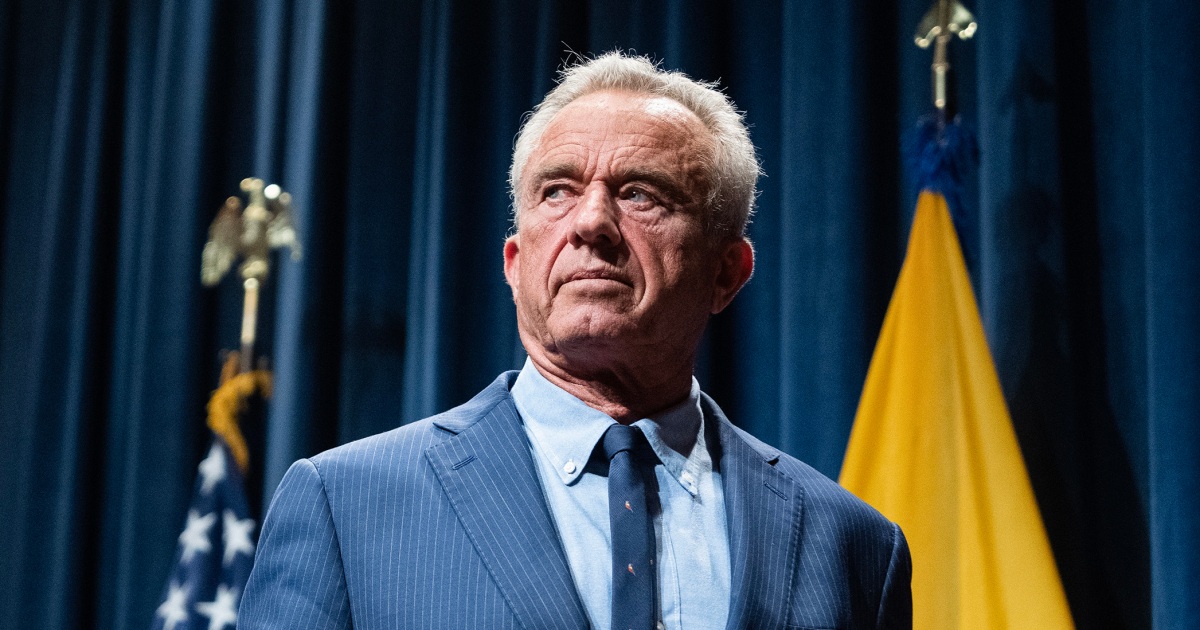
A long-shuttered federal task force on childhood vaccine safety is being revived, the Department of Health and Human Services announced Thursday.
HHS said in a statement that it is reinstating the Task Force on Safer Childhood Vaccines, which the agency said disbanded in 1998, “to improve the safety, quality, and oversight of vaccines administered to American children.”
Dr. Jay Bhattacharya, director of the National Institutes of Health, will be chairman. Other members of the task force will include Susan Monarez, director of the Centers for Disease Control and Prevention, and Dr. Marty Makary, commissioner of the Food and Drug Administration, said Andrew Nixon, an HHS spokesperson. Nixon said additional members will be announced in the future.
Dr. Howard Koh, a public health professor at the Harvard T.H. Chan School of Public Health, said: “Everyone wants childhood vaccines to be as safe as possible. But reviving this panel now must be put in the context of recent HHS actions.”
Many public health experts have accused HHS Secretary Robert F. Kennedy Jr. of pursuing an aggressive anti-vaccine agenda as health secretary. Since he assumed office in February, he has cut $2 billion from a program that supports vaccines for vulnerable children, downplayed the importance of measles vaccines amid a record-breaking outbreak and cut $500 million in contracts for mRNA vaccine research.
In June, Kennedy fired members of the Advisory Committee on Immunization Practices (ACIP) — medical and public health experts who make recommendations to the CDC about who should get certain vaccines — and replaced them with well-known vaccine skeptics or critics of Covid vaccines. The new committee chair, Martin Kulldorff, said the committee will form two work groups, one to scrutinize the childhood vaccination schedule and another to re-evaluate vaccines that haven’t been reviewed in more than seven years.
The Task Force on Safer Childhood Vaccines was formed in 1986 as part of the National Childhood Vaccine Injury Act, which aimed to compensate the small number of children who had adverse reactions to vaccines and address growing threats of litigation over vaccine injuries.
A lawsuit filed in May claims Kennedy violated the 1986 act by failing to establish a task force dedicated to making childhood vaccines safer. The suit is funded by Children’s Health Defense, the anti-vaccine group Kennedy founded. Mary Holland, the group’s CEO, praised Kennedy on Thursday for fulfilling his obligation.
“At last the Secretary is following the law on this critical issue. We are grateful,” Holland said in a statement on X.
The task force wasn’t shut down by the federal government — rather, it was convened to provide recommendations to ensure that childhood vaccines were as safe as possible. The final version of those recommendations was issued in 1998. Included among them were suggestions to improve surveillance for potential adverse events and bolster research into new vaccine technologies.
“This task force was set up to take on a task, and when the task was done, it handed the baton to others to then implement the recommendations that came from it,” said Dr. Bruce Gellin, an adjunct professor of medicine at Georgetown University, who directed the National Vaccine Program Office from 2002 to 2017. The program, which was part of HHS, was shuttered by the Trump administration in 2019.
A white paper from the National Vaccine Advisory Committee concluded that the recommendations had been partially implemented as of 2011, with budget restrictions preventing their full implementation.
“If Kennedy really wants vaccine safety to be his legacy, he can start by reading the dozens and dozens of reports and recommendations that so many have already provided over a long time,” Gellin said. “If he really wants to make a difference, he’ll need to find the resources to put those priority recommendations into action. To me, that would be a much better use of everyone’s time, rather than further showing distrust by implying that vaccine safety was never a priority until he came to town.”
The new task force will work closely with the Advisory Commission on Childhood Vaccines, which provides recommendations to the HHS secretary about how to implement a national compensation program for childhood vaccine injuries. According to HHS, the groups will give regular advice about how to improve adverse reaction reporting and develop childhood vaccines that result in fewer and less serious adverse reactions.
Vaccine injuries are extremely rare, and the United States has robust systems for detecting adverse reactions, including the Vaccine Adverse Event Reporting System, Vaccine Safety Datalink and V-safe. Before vaccines ever reach the market, clinical trials look for safety concerns and pause if any major issues arise. Then independent advisory committees to the FDA and the CDC evaluate the safety data and issue recommendations about which vaccines to approve and who should get them.
But Kennedy has repeatedly said the federal government isn’t doing enough to monitor for vaccine side effects.
“At least once a week, he comes up with a new zinger seeking to discredit vaccines, and it’s very dangerous,” said Dr. Peter Hotez, a co-director of the Texas Children’s Hospital Center for Vaccine Development.
Hotez said it’s unclear why Kennedy would revive a task force on childhood vaccine safety, given that the current system has a proven track record of picking up on rare adverse events.
“What’s the point now, other than he’ll use it as a bully pulpit to push his MAHA, anti-vaccine agenda? That’s the worry,” Hotez said.
“Who’s he going to put on this committee?” he added. “Will it be like ACIP, where he starts to stack it with anti-vaccine activists?”

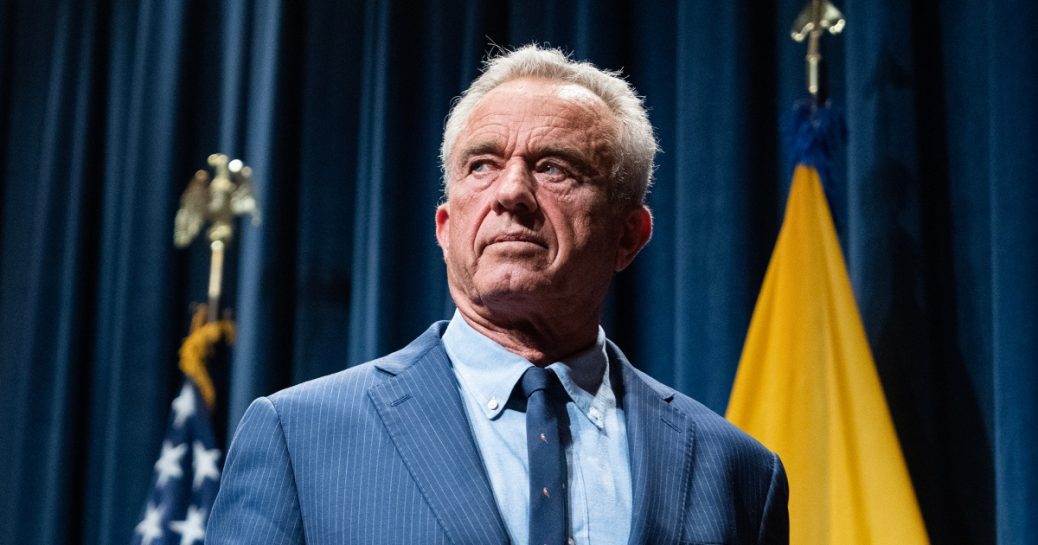
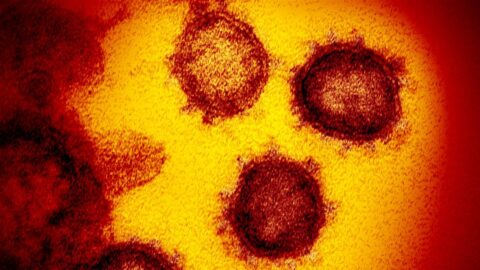
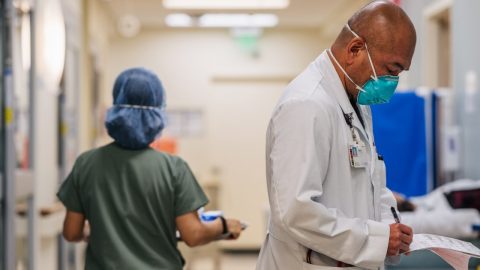
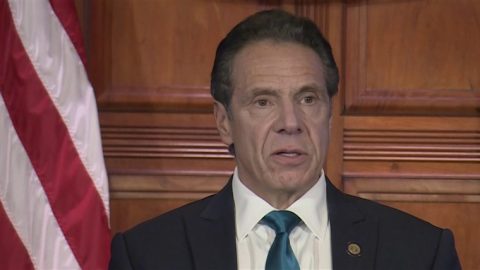

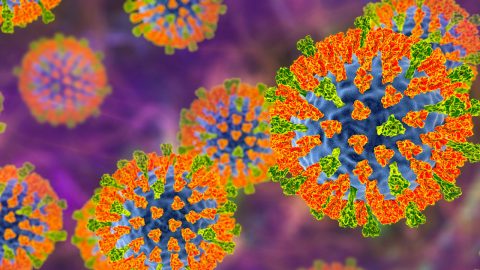
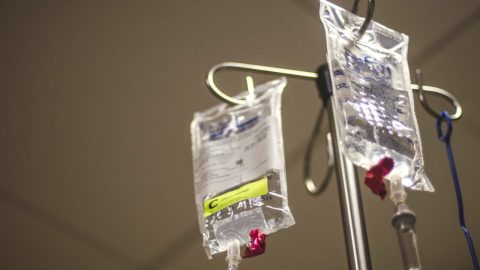
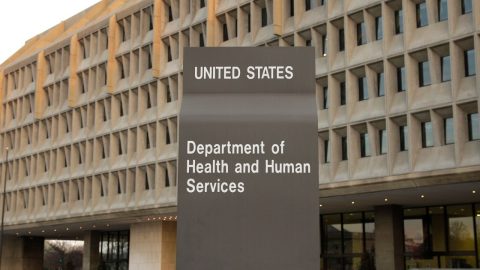
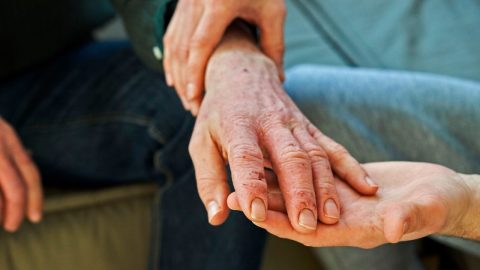
Recent Comments